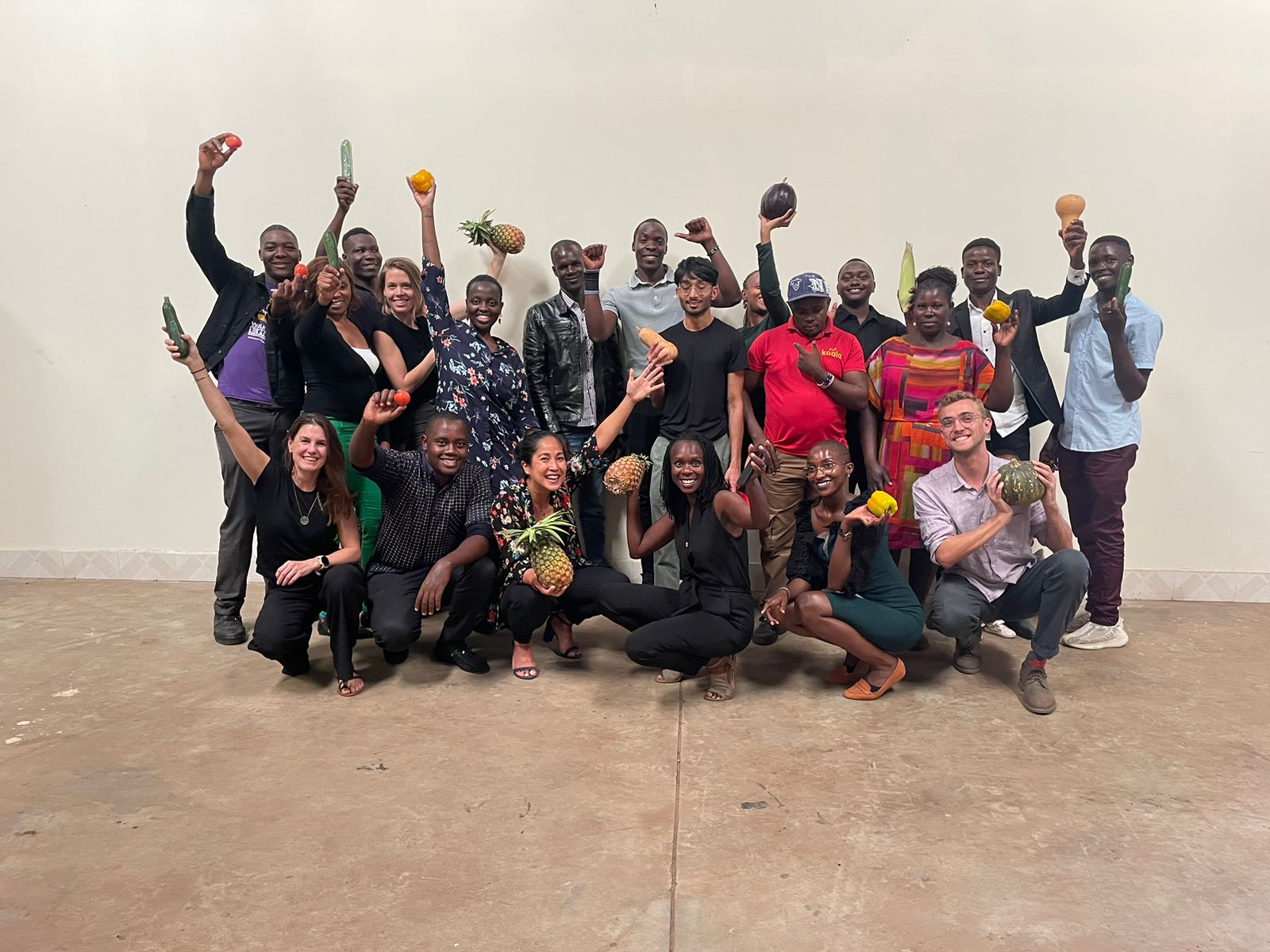ImpactAlpha, October 27 — Low-income and communities of color bear the brunt of climate change. They also hold the key to many climate solutions. Hawaii-based nonprofit Elemental Excelerator this week secured a $1 million grant from the Rockefeller Foundation to demonstrate how philanthropic capital can unlock 10x the amount in follow-on funding from green banks and community lenders, and prepare startups to tap federal climate resilience funds.
“I hope we find dozens of Elementals out there, or hundreds, that can be active in thousands of American communities,” Rockefeller’s Raj Shah told ImpactAlpha. Federal climate spending is a once-in-a-generation chance to reshape the economy, he said.
“Whether that reshaping of the economy is more inclusive of lower-income and minority communities, or whether it continues the trend of building an economy where the people at the top do much better and the middle class gets hollowed out, is really why we’re focused on supporting partners like Elemental.”
Delpoying solutions
Elemental aims to fill financing and knowledge gaps for founders working to commercialize decarbonization technologies in frontline communities. Elemental will use the Rockefeller grant to identify projects that prioritize local jobs and wealth creation, and support crucial but hard-to-finance pre-development work, including engineering studies, financial modeling and community engagement.
The objective is to set them up for follow-on investment from the private sector and from the federal Inflation Reduction Act and bipartisan infrastructure law.
“We see our resources as being able to provide risk capital to these partners to either help communities draw down public resources from these two big bills,” Shah said.
Rockefeller Foundation has also partnered with the Hewlett, MacArthur and Packard foundations to launch Invest in our Future, a $180 million fund to help underserved communities navigate the historic level of federal funding available for climate resilience.
“This collaboration with The Rockefeller Foundation will enable us to fund more projects that reduce emissions and prioritize benefits for low-wealth, rural and energy transition communities,” said Elemental’s Dawn Lippert.
Companies in the nonprofit’s latest cohort are working on carbon removal, sustainable ingredients, and climate-resilient buildings and cities. The grant is a tiny part of Rockefeller’s five-year, $1 billion climate strategy for nature-based decarbonization and other climate solutions in vulnerable communities worldwide.











